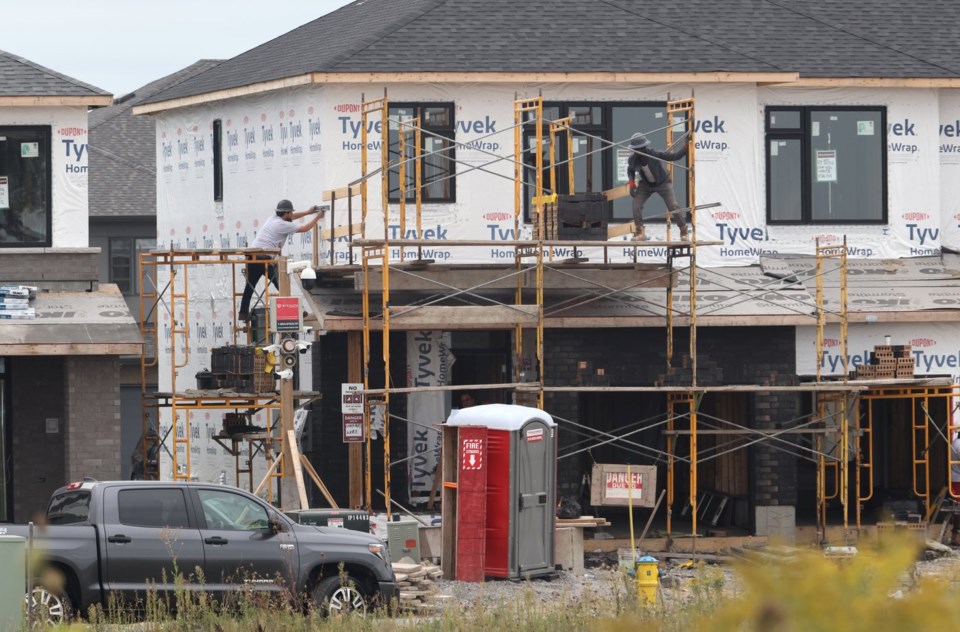TORONTO — A new report says a boost in spending on home renovations during the pandemic has helped contribute to higher prices for single-family homes despite downward market pressure.
The report by Re/Max Canada looked at the evolution of housing stock and trends affecting home values in the Toronto and Vancouver areas, Canada's two largest real estate markets.
The report, released Tuesday, said national renovation spending increased by an estimated $300 billion between 2019 and 2023, led by home renewal and revitalization projects in the Toronto and Vancouver markets.
That marked an eight per cent jump from the previous five-year period.
The report said revitalization "remains one of the most underestimated factors behind escalating housing values."
"The landscape is changing as a staggering amount of money is funnelled into renovation while infill is redefining neighbourhoods, particularly in areas where the value of existing structures has not kept pace with increasing land values," said the report.
In urban planning, infill refers to building on underutilized land within existing areas that are largely developed.
"Case in point are wartime bungalows and smaller two-storey homes that continue to be primary targets, making way for custom builds that transform working-class neighbourhoods into up-and-coming hot pockets."
Re/Max Canada president Christopher Alexander said renovation and revitalization projects are significantly affecting housing supply and affordability.
“With all available tracts of land in the city committed to high-density construction, the single-detached home is quickly becoming a unicorn,” said Alexander in a press release.
“Existing homeowners who can’t find what they want in the market will buy an older home in an area of their choice and renovate or build their vision. We expect this trend will strengthen in the years to come and serve to drive price growth in single-detached housing even further."
During the same 2019-2023 period, the value of residential building permits issued for single-family dwellings in the Toronto and Vancouver areas sat at just over $27 billion, according to Statistics Canada data cited by the report.
That was down almost 24 per cent from the previous five-year period, when more than $33.7 billion worth of residential building permits were issued in the single-family category.
The report said the renovation and infill trend is unsurprising given close to 30 per cent of the existing housing stock in the Greater Toronto Area and an estimated 20 per cent in Vancouver was constructed in 1960 or earlier.
But it noted the cost to rehabilitate older homes with unpredictable issues can quickly go over budget.
"The push to make the best use of scarce land has homeowners and builders striving to maximize square footage or increase density on individual building lots in traditional urban neighbourhoods," the report said.
This report by The Canadian Press was first published Sept. 24, 2024.
Sammy Hudes, The Canadian Press



